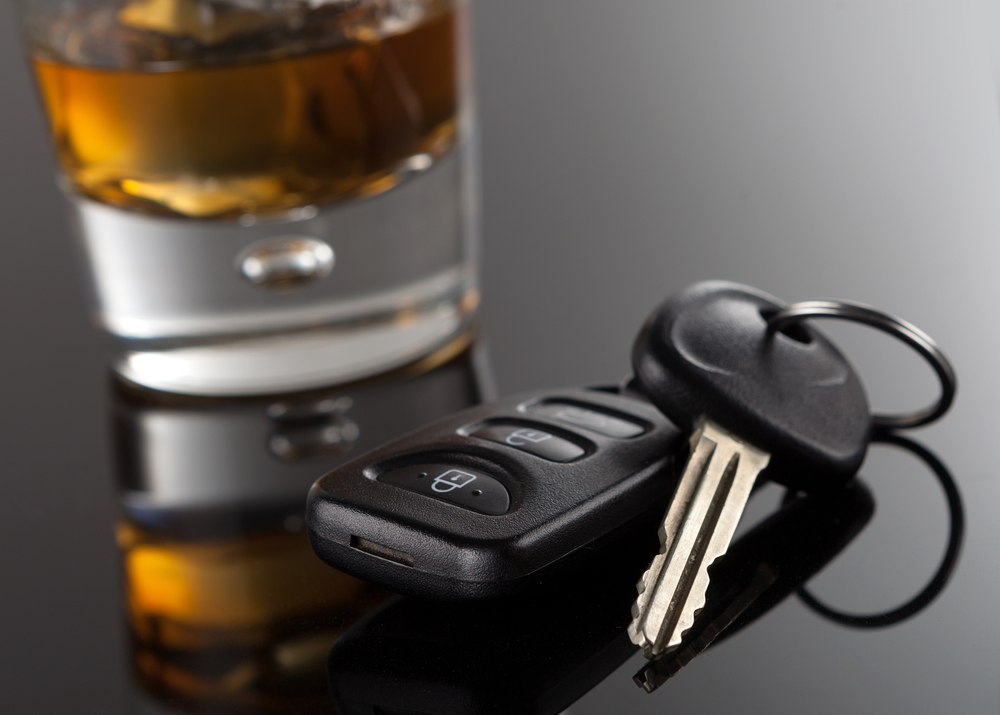
CASE STUDY: Eden Rafferty Defends Social Drinker Who Failed Sobriety Tests from Driving to Endanger and OUI Charges
Posted In: OUI/DUIBackground
Almost everyone has experienced having a drink or two with dinner and then driving home. This can lead to being stopped by police for suspicion of driving under the influence.
That’s exactly what happened to a client of Attorney Greg Benoit at the firm of Eden Rafferty. After dinner that the client had with his fiancee one evening, the couple stopped for ice cream and then headed home. Along the way, the car in front of them stopped to make a left-hand turn into a driveway and the client rear-ended him.
The client was driving a large pick-up truck and there was no damage to that vehicle. The other vehicle was a small sedan that was almost totaled in the accident.
The police arrived on the scene, detected an odor of alcohol on the client’s breath and administered field sobriety tests to him. He was asked to take the “nine-step walk and turn” test and the “30-second one-leg stand” test. He failed both.
The client was also asked to take a breathalyzer test, which he agreed to. His blood alcohol level was found to be .10, which is above the legal limit of .08. The client was arrested for driving to endanger (or negligent driving) and operating under the influence.
Approach
It took 11 months from the day the client was arrested to the time he was tried. Attorney Benoit was able to challenge many aspects of the arrest. He was able to cross-examine the arresting officer on how he administered the field sobriety tests, where he gave them, what the lighting conditions were, and what the client was wearing at the time of the tests.
He also described his client’s nervousness at the time of the tests, having just been involved in an accident. Adding to that, there was heavy traffic on a well-traveled road and several other officers present which made his client unnerved.
Attorney Benoit also cross-examined the two witnesses who were hit. After testimonies were heard, the jury began its deliberation.
Under the law, it is the Commonwealth’s burden to prove to the jury that the client is guilty of the charges made. As Attorney Benoit said, “We don’t have to prove that my client was not guilty; we just have to prove or show that the Commonwealth doesn’t have enough evidence to sustain its burden.”
Even if there was a probability that this client could have been under the influence of alcohol, it would not be enough, because the Commonwealth has to prove guilt beyond a reasonable doubt.
That’s one of the tactics used by Attorney Benoit when arguing cases before juries. If there is reasonable doubt the jury is obligated to find his client not guilty.
Result
The client’s license was originally suspended for 30 days, because he had taken a breathalyzer test, and his result was above .08. In Massachusetts, if you refuse to take a breathalyzer test- first offense- it’s going to be suspended for at least 180 days.
Breathalyzer evidence is hard to overcome at trial. Fortunately, in this case, the breathalyzer test didn’t come in to play. It wasn’t used as evidence.
The jury found the client not guilty of the charges of driving to endanger and operating under the influence. He was discharged from his arrest with no criminal convictions.
